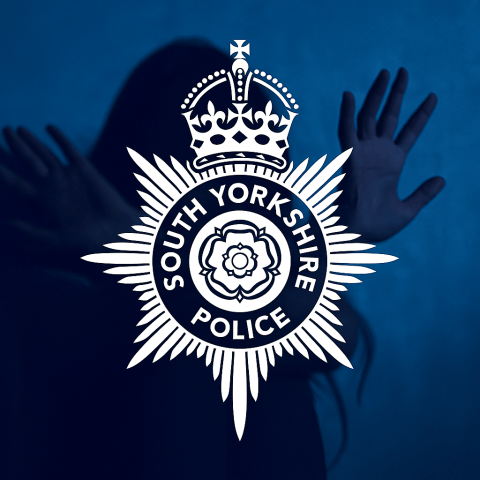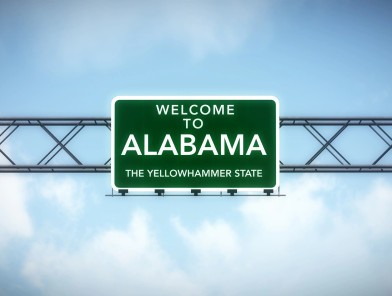A Disturbing Turn in the Rotherham Abuse Case
More than a decade after the Rotherham grooming scandal first shocked the UK, a new wave of allegations has reopened old wounds and deepened the public's sense of betrayal. In a shocking development, five women who had previously come forward as victims of the grooming gangs have now revealed that some of their abusers were actually serving police officers. These revelations are casting a dark shadow over the already tarnished legacy of how authorities handled one of Britain’s most notorious child exploitation cases.
According to the survivors, who were all children or teenagers at the time, the very individuals tasked with protecting them not only ignored their pleas but in some cases directly contributed to their suffering. One woman stated that she was raped inside a marked police car. Another described being threatened into silence and told that speaking out would only lead to her being returned to her abusers. These accounts suggest that the failures of the South Yorkshire Police were not merely bureaucratic or cultural but in some instances, criminal.
Survivors Say Justice Remains Elusive
The weight of these new accusations is heavy, not only because of what they suggest about past conduct, but because they raise serious doubts about whether the victims will ever see real accountability. Despite multiple arrests of former officers in connection with these claims, none have been formally charged. Survivors say they feel trapped in a painful cycle once ignored by police, now re-traumatised by the force’s continued involvement in the investigation.
This situation has led to growing criticism from legal experts, advocacy groups, and the victims themselves. Many argue that South Yorkshire Police cannot credibly investigate allegations against their own officers. For those who endured years of abuse, the idea of once again relying on the same institution they say failed them so profoundly is not just unthinkable it’s unbearable. The lack of visible progress in prosecutions has only reinforced this mistrust, fuelling calls for an independent inquiry led by an external agency.
The Legacy of the Original Scandal
Between the late 1980s and early 2010s, Rotherham became ground zero for one of the most extensive child exploitation scandals in modern British history. Investigations later revealed that more than 1,400 girls had been systematically groomed, sexually abused, and trafficked by groups of men operating with near impunity. Many of the victims were children in care or from unstable homes, often targeted because of their vulnerability and lack of social protection.
For years, local authorities, including the police and city council, were repeatedly warned about what was happening but they failed to act. Some cited fears of stoking racial tension, as many perpetrators were British-Pakistani men, while others simply refused to believe the victims or dismissed them as unreliable. It wasn’t until media investigations and the now-famous Jay Report in 2014 that the scale of the abuse was finally acknowledged publicly. Even then, critics say the response was slow, defensive, and at times more concerned with institutional reputation than with justice.
Renewed Demands for Accountability
The recent wave of allegations has sparked widespread calls for a fresh, independent investigation one that can restore the trust that many believe South Yorkshire Police has irrevocably lost. Survivors’ legal representatives have emphasized the emotional toll of having to report new instances of abuse to the very force they say failed them before. Some victims have even withdrawn from the process entirely, unwilling to face the trauma of engaging with an institution they see as part of their victimisation.
Experts in law and child safeguarding echo these concerns. They argue that when allegations involve serving officers in serious crimes such as rape and abuse of minors, it becomes impossible for the same organisation to carry out a credible, impartial investigation. Independent oversight is not just preferable it is essential if justice is to be served and institutional reform to be meaningful.
National Implications Beyond Rotherham
While the epicentre of the scandal remains in South Yorkshire, its implications stretch far beyond the borders of one town or one police department. The failures laid bare in Rotherham raise urgent questions about how vulnerable children are protected across the UK and what mechanisms exist to hold those in power accountable when they betray that responsibility.
The resurfacing of this case also reopens a broader conversation about systemic bias, the silencing of working-class and minority victims, and the extent to which institutional self-preservation can override moral duty. As survivors continue to push for truth and accountability, the challenge for British authorities is not only to respond to the specific allegations but also to confront the deeper, structural weaknesses they reveal.
A Crisis of Trust That Demands More Than Promises
The latest revelations from Rotherham expose not just a horrifying past, but an uncertain present. They speak to an ongoing failure to deliver justice, a lingering resistance to transparency, and a justice system that still struggles to prioritise the voices of the most vulnerable. As survivors demand independent investigation and real accountability, the nation must grapple with what it means to restore trust after it has been so thoroughly broken.
The question now is whether those in power are willing to confront uncomfortable truths not just about what happened, but about what continues to happen when institutions protect themselves before they protect the people they serve.













